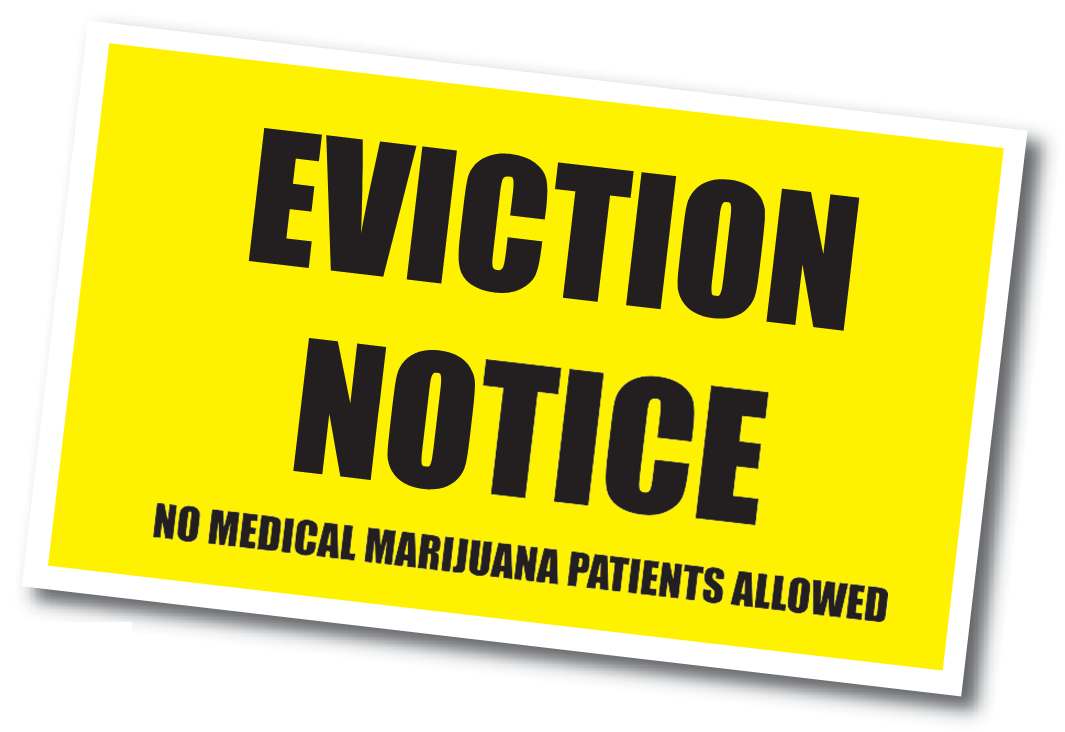Request for Letter of Intent Regarding the M.M.P.A. and Rights of Association
To John Vasconcellos and Mark Leno
By Jason Browne
In the past year, an alarming legal argument has been put forward by the opponents of patients’ rights to access medicinal cannabis, and it’s being used to deprive qualified individuals of the right to even present a medical defense to criminal charges, in municipal courts throughout California. Many District Attorneys have relied on this legal strategy to deprive patients of their rights under the CUA and MMPA, and many offices of County Counsel have utilized it to draft onerous legislation aimed at depriving qualified individuals of their rights of Association. This is negatively impacting criminal defense cases around the State, as well as supporting city and county ordinances meant to deprive whole communities of safe access to cannabis. For these reasons, it is imperative that our movement confront this legal strategy head on, both in our criminal and civil courts.
Our opponents have completely misread the M.M.P.A., and have strewn together a series of arguments, both out of con- text and in defiance of the English language. They assert that only primary caregivers can ever exchange money for prod- ucts or services, while reversing the entire meaning of the
M.M.P.A. in the process. The operative words “in order col- lectively or cooperatively to cultivate marijuana for medical purposes”, are being misread in such a way as to limit the pro- tections that follow (“shall not solely on the basis of that fact be subject to criminal sanctions…”). The real operative words in this section are actually “qualified (individuals) who Associate in the State of California”…
In other words, it’s our right to associate that is being delin- eated here as the primary reason that qualified individuals are not subjected to the listed sanctions. The fact that we form such associations for the purpose of cultivating cannabis is subsequent to the matter of allowing for us to freely associate together at all. The freedom to associate for any cannabis related purposes (including but not limited to cultivation) is the real reason for listing these specific statutes in the M.M.P.A. (Sections 11357, 11358, 11359, 11360, 11366,
11366.5, or 11570).
Our ability to form collectives and coop- eratives was
not directly protected under the C.U.A.,
but col- lectives and cooperatives arguably are allowed to form, even under the C.U.A.,
due to the AG arguments made in the voter
information prior to the election, which established voter intent
to allow qualified individuals to form
associations. Once “SB-420”
was passed into law as the M.M.P.A., this matter was directly addressed. Section 11362.775 reads, in part, “Qualified
(Individuals) who associate within the State of California in order collectively or cooperatively to cultivate
(cannabis) for medical purposes, shall not solely on the basis of that fact be subject to state criminal sanctions…”.
There is only one fact being represented here. Since we already know that the C.U.A. protects qualified individuals from sanc- tions for the cultivation and possession of cannabis, it is absurd to suggest that cultivation alone is the reason for exempting qualified individuals from prosecution for all of these listed statutes. Rather, the MMPA was California State’s attempt to clarify the scope of the CUA, under the authority granted to the State by the electorate. The only single fact that could reasonably be inferred as being represented by this Section of the Statute is that qualified individuals are protect- ed from Sanctions that are based on their formation of such Associations. For it’s unquestionable that the actions under- taken by such Associations are the only facts that would lead to criminal charges being filed regarding these listed statutes in the first place. If an Association rents a space to cultivate or dispense cannabis, its members could be charged with “main- taining a space”. If an Association transports cannabis from one point to another, its members could be charged with “transportation”, etc. None of these circumstances would lend themselves to charges of only “cultivation”, to which the members are already exempted under the C.U.A.
The opposition is essentially declaring that, with their newly found explanation of this statute, the practical effects must be that every group of patients who asso- ciate together may only cultivate their cannabis, but may never harvest it, process it, share, remunerate or other- wise “dispense” it, possess or use it, transport it, store it, provide a space to do any of those things with it, etc…In other words the effects of the statute must be to enforce the opposite of what the entire statute purports to do.
We must not allow the purposes of the M.M.P.A. to be reversed, by allowing our opponents to continue misreading it to mean the opposite of what it says. The operative words here are really that “qualified (individuals) who associate in the state of California…shall not solely on the basis of that fact be subjected to criminal sanctions.” This whole matter of removing the enumerated protections (immunity from 7 entire statutes), based solely on the fact that only one of those protections (cultivation) is mentioned in the first part of the sentence as a reason for qualified patients to associate together, is complete balderdash and is a most tortured use of the English language.
Furthermore, the MMPA goes on to protect qualified individuals from these very statutes in the subsequent section (11362.765). Because this Section includes language regarding the reimbursement of “primary caregivers” (11362.765 (b) (3) (C)), prosecutors and law enforcement officers are mistakenly assuming that Collectives and Cooperatives do not already possess legal methods of seeking reimbursement for their operating expenses. In order to apply this logic, prosecutors have lately relied on some very strange hypothesis. Namely, that Collectives must be communist-run farms in order to qualify…or that the staffing of any non-profit or not- for-profit associations can never be paid positions…or that labor is not an operating expense, when applied to cannabis farms or dispensaries that operate in a collective or cooperative manner. All three of these assertions are patently absurd, yet they are being argued in courtrooms across California, as we speak.
While some of the
cases affected by this are winding
their way through the appeals
court process. However, many
more defendants are being denied their
right to even present a med- ical
defense, because municipal court judges
are buying into
this very flawed legal argument, and as you know, most qual- ified patients cannot afford to appeal these rulings, and are thus being denied their rights of Due Process entirely. Additionally, many cities and counties have mistakenly defined collectives or cooperatives to mean only “dispensary”, so that when they attempt to legislate on matters involving the licensing or zoning requirements of dispensaries, they instead are restricting patients’ rights to associate for any purposes whatsoever. According to the language of many such ordi- nances, if two or more patients are doing anything together they are classified as a “dispensary”. Obviously, this situation needs to be resolved and patients’ rights to associate together, for any purposes (including the cultivation, procurement or uses of cannabis), need to be acknowledged and protected. A congressional letter of intent would go a long way towards educating prosecutors and our courts, so that legitimate asso- ciations of qualified individuals can exercise their rights under California laws, without running afoul of our criminal justice system.
Thank you for your time and consideration of these matters. Sincerely,
Jason Browne (Expert Witness), Full Circle Cannabis Consultations courtservices@fullcirclecannabis.com 707-974-8264 / 530-528-0215
P.O. Box 9152 Red Bluff California 96080www.fullcirclecannabis.com







